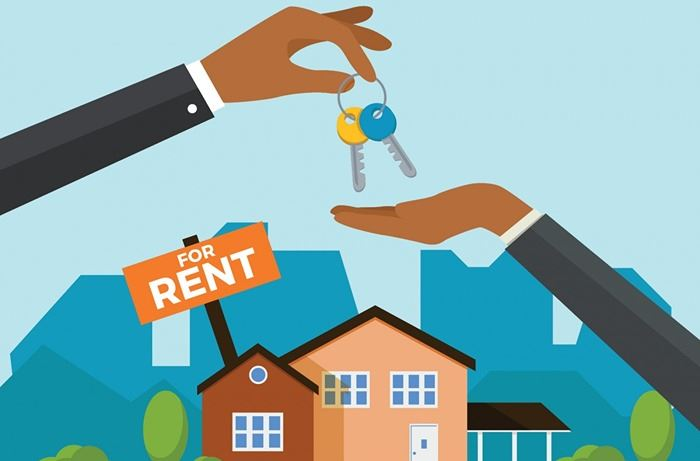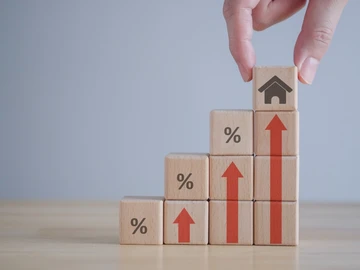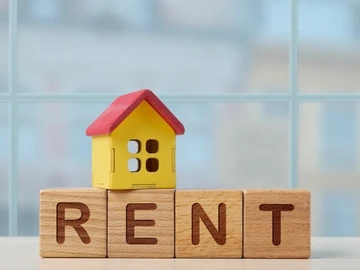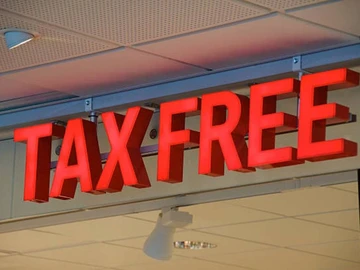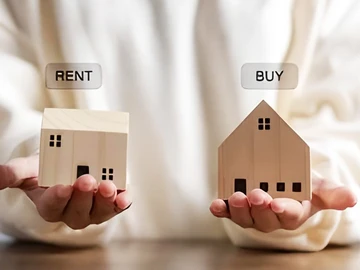A strong landlord-tenant relationship is a symbiotic partnership that benefits both parties. Despite common conflicts, focusing on cooperation and mutual understanding can lead to better outcomes for everyone involved, whether you're a property manager, landlord, or tenant.
Core of the Relationship: The Agreement
Key Points:
The landlord-tenant relationship is fundamentally based on an agreement:
- Landlord’s Role: Provides property for the tenant to use or live in.
- Tenant’s Role: Pays rent and adheres to agreed rules.
A lease agreement serves as a formal contract that outlines rights, responsibilities, and expectations for both parties.
Legal Framework:
In Zimbabwe, the Rent Regulations Statutory Instruments 676 of 1983 and 32 of 2007 govern landlord-tenant relationships, forming the foundation for most lease agreements.
Understanding the lease agreement ensures both parties are aware of their obligations and remedies.
Importance of the Lease Agreement
Why it Matters:
- Sets clear expectations and rules for both landlord and tenant.
- Provides legal protection and defines each party’s rights.
Clarifies responsibilities, such as:
- Tenant: Paying rent on time and maintaining the property.
- Landlord: Addressing maintenance issues and respecting tenant privacy.
Benefits for Tenants:
Following the agreement builds a positive reputation, leading to:
- Favorable references for future rentals.
- Prompt attention to maintenance requests.
- Forgiveness in rare cases of late payments.
Benefits for Landlords:
- Encourages tenants to renew leases, reducing vacancy and turnover costs.
- Positive tenant relationships lead to referrals for other properties.
- Tenants are more likely to report issues (e.g., late rent or maintenance needs) early.
Benefits of a Strong Relationship
For Tenants:
A good relationship with the landlord ensures:
- Maintenance issues are resolved quickly.
- Flexibility and understanding during challenging times.
- Peace of mind and comfort during the tenancy.
For Landlords:
Long-term benefits include:
- Lower vacancy rates due to tenant retention.
- Positive recommendations, attracting quality tenants.
- Early resolution of potential problems (e.g., rent or property issues).
How to Build and Maintain a Great Relationship
1. Communication is Key
- Open and respectful communication is the foundation of a healthy landlord-tenant relationship.
- Address issues promptly to build trust and foster understanding.
2. Mutual Respect
- Both parties should strive to meet halfway and respect each other's roles and responsibilities.
3. Adherence to Agreements
- Ensure both sides fully understand and adhere to the terms of the lease agreement.
4. Proactive Problem Solving
- Tenants should report issues (e.g., late rent or maintenance needs) as soon as possible.
- Landlords should address complaints and maintenance requests in a timely manner.
Conclusion
A strong landlord-tenant relationship benefits everyone involved. By fostering mutual respect, clear communication, and adherence to agreements, both parties can enjoy a positive and productive partnership. For tenants, this ensures a comfortable tenancy and future opportunities, while landlords benefit from lower turnover, higher tenant satisfaction, and long-term success.
 Continue with Facebook
Continue with Facebook
 Continue with Email
Continue with Email

